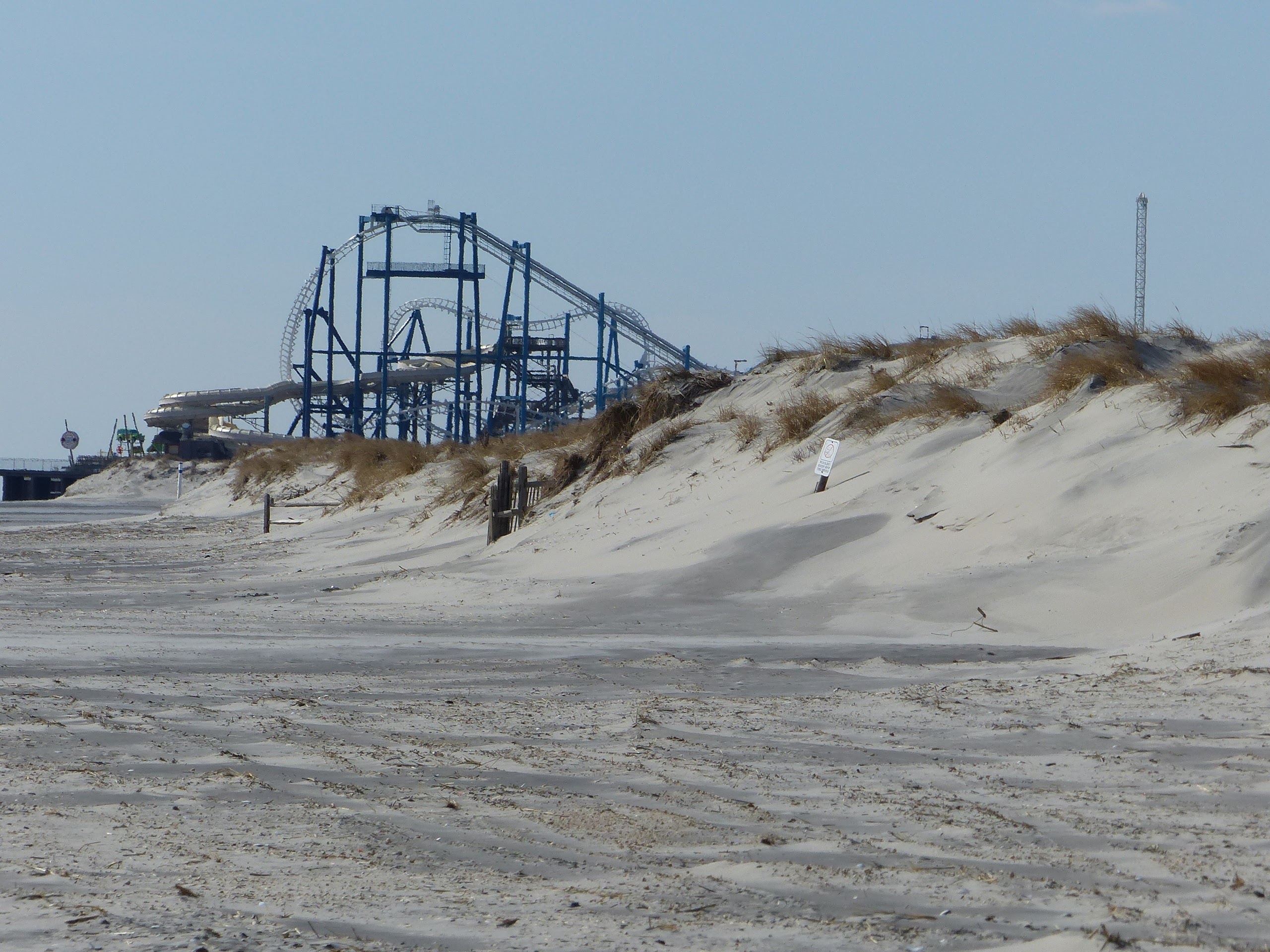This has not been a good period for Cape May County municipalities and their relationship with the Department of Environmental Protection (DEP). A lot of the blame rests with the DEP.
Following the nor’easter that the DEP’s own reports said caused major damage to Stone Harbor’s beaches and dunes, the DEP refused to issue an emergency permit so the borough could repair and reopen emergency access routes and protect residents from scarping that left six to 8-foot drop-offs at many pedestrian entrances.
The agency formally denied a request for an emergency permit on a Friday afternoon and then reversed itself on the following Monday. What happened in the interim? A water rescue on Saturday morning that thankfully did not end tragically even though unrepaired emergency access points could have hindered response. Confronted with a potential tragedy that could have been laid at their doorstep, the agency hastily approved what it had denied a mere 72 hours earlier.
Why was Stone Harbor not able to respond to beach safety problems caused by the storm? The borough’s general permit for beach maintenance had expired in September and could not be renewed without proof of an approved Public Access Plan. Research showed that the lack of an approved plan was caused not by failure of borough officials but instead by DEP dropping the ball during a shift in personnel.
Turn attention to Cape May City and a technical violation in its water supply during the first six months of 2021. The violation did not involve a threat to public safety, the same water was pumped during those six months that had been pumped for decades. The violation involved a change in federal regulations setting a new range of acceptable pH levels in the water that enters the distribution system. The new range had an upper limit of 8.0. The city used a pH level of 8.5, which had been perfectly in line with previous regulations.
The DEP demanded a potentially alarming public notice which the agency largely wrote. The language failed to make clear the lack of a public safety threat and was being pushed by the DEP in October of 2022, well over a year from the inadvertent violation. The cause of the violation? The DEP sent notice of the change in regulations to a former director of the city’s water system and to a former City Manager. There must be a better way to distribute information than relying on email addressed across over 560 municipalities where staff changes are inevitable. If there is, DEP has not yet found it.
In Wildwood Crest, the borough has requested a hearing to pursue alternative dispute resolution with DEP after the agency denied a permit that would have made space the borough had dedicated to parking of emergency response vehicles and emergency equipment storage legal under state regulations. The DEP is an agency that has wide latitude for regulatory action in the state’s coastal zone, yet time and again it displays a lack of understanding of required preparedness for emergency response on beaches that draw millions of visitors each year.
Moving to the seeming ongoing war between North Wildwood and the DEP, there is little that would make the agency’s relationship with county municipalities look better. Here the battle with the agency may soon elevate to a legal fight. Again, the issue is a municipality and its elected officials taking action they believe is in the immediate interest of public safety. They are doing so in opposition to the DEP because permits for the actions are not forthcoming. So far, an emergency authorization was denied and city officials are left with few options.
Their first obligation as elected officials is to public safety, not to regulatory compliancy. The city says the best course of action is for the DEP to work with North Wildwood to resolve issues. That has not happened in what has become a protracted struggle.
Many of the individuals at the DEP that municipalities interact with are still spending part of their work week in remote connections. In two municipal governing body meetings already this month, local officials have pointed to difficulties in getting DEP staff to respond. ‘These guys are not easy to get,” was a complaint heard more than once in more than one county town.
The state’s coastal zone faces major issues that the DEP will be at the center of. Issues of rising seas, beach and dune protection, ability to respond to emergencies, alternative energy plans, and new land use regulations to name only a few. The state’s reliance on the arbitrary use of authority will not get us very far toward the solutions we need.
The workforce in the municipalities and the local businesses have all returned to work. It is time for employees of a critical state agency to head back to their offices. We are now in an era where we must live with COVID and no longer separate ourselves from critical work environments because of it.
It is also time for the Governor and our elected officials in Trenton to take a hard look at this agency’s relations with the municipalities who are so critical to public support for state initiatives. The path we are on will only result in delay as the threats we face grow.
And finally, we ask, when an agency is out of touch, are they providing a necessary function, or are they an unnecessary layer of bureaucracy and an impediment?
———–
From the Bible: “If anyone is unwilling to work, he shall not eat.” 2 Thessalonians 3:10








